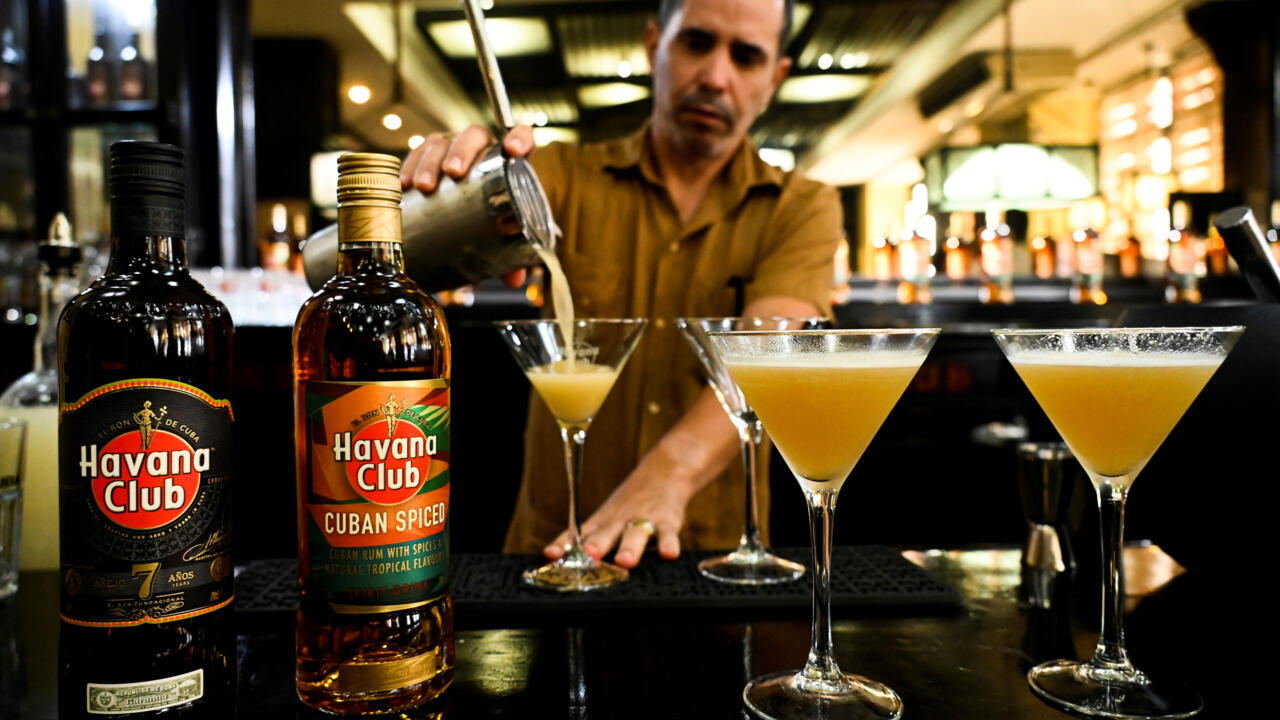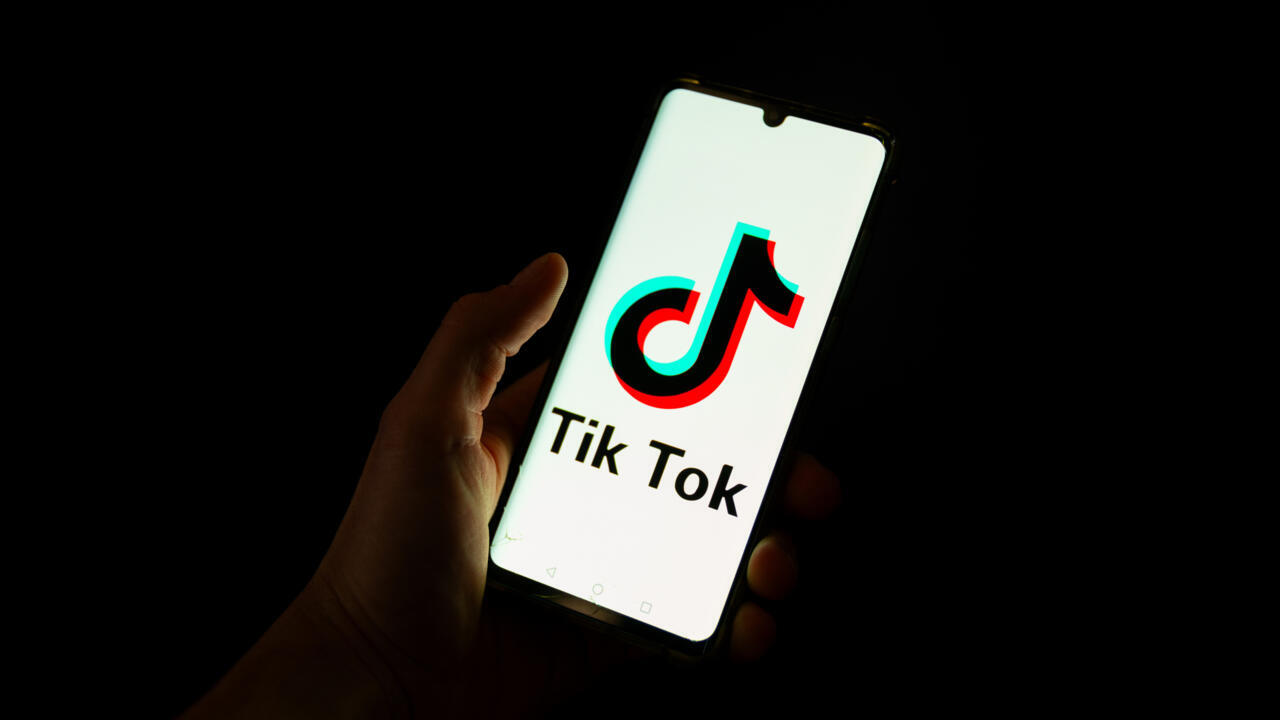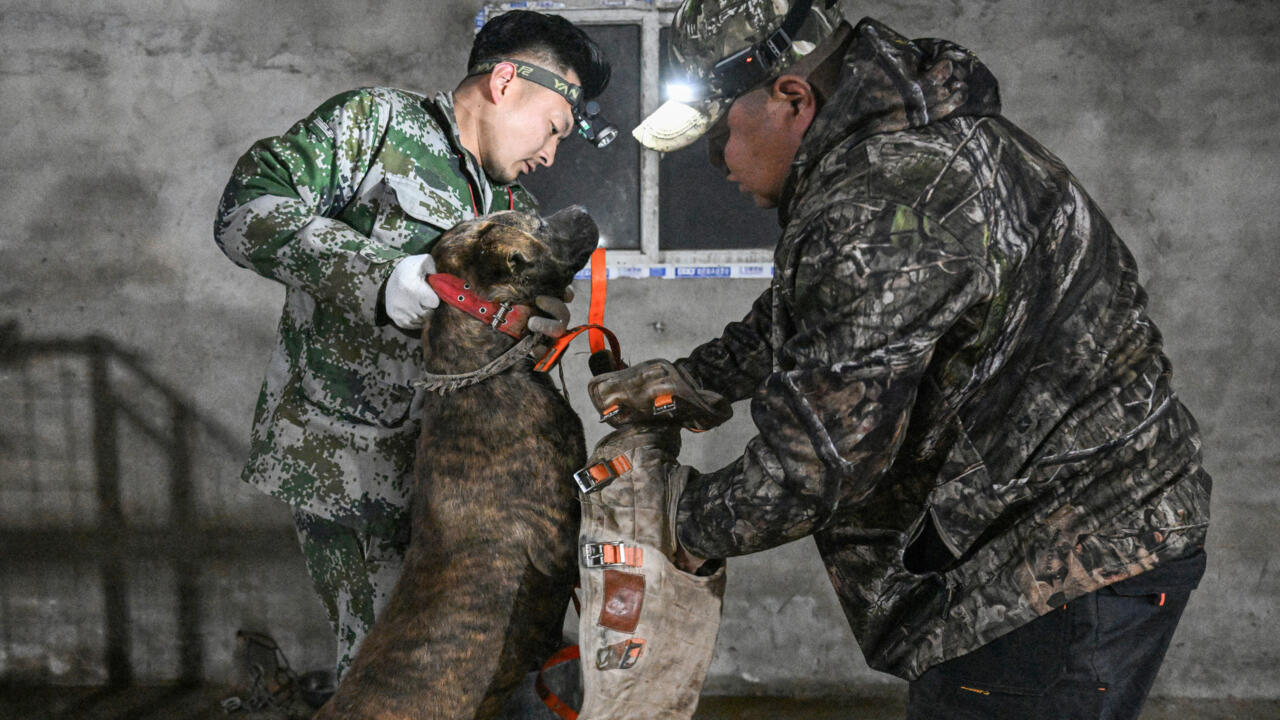The legal fight is unlikely to subside because the rum industry is booming.
According to a recent report by Dublin-based consultancy Research and Markets, the global rum market is expected to grow at an average rate of 7.7 percent per year over the next six years, jumping from $19.1 billion in 2024 to $32.2 billion by 2031.
In 2016, the United States Patent and Trademark Office (USPTO) renewed Cubaexport’s registration of the Havana Club brand for ten years, but the enactment of the law is likely to complicate its renewal in 2026.
John Kavulich, director of the New York-based Cuba-US Trade and Economic Council described the law as “an immensely cost-effective” lobbying effort for Bacardi.
“Most significantly was the complete lack of opposition — even from the most vocal members of the United States Congress who support commercial, economic, financial, and political re-engagement with Cuba,” Kavulich said to AFP.
After the brief thaw in US-Cuban ties that began under Barack Obama (2009-2017) and the strengthening of sanctions during Republican Donald Trump’s first presidency (2017-2021), which largely remained unchanged under Democrat Biden, tensions with Havana could rise further under Trump’s second term.
© 2025 AFP






